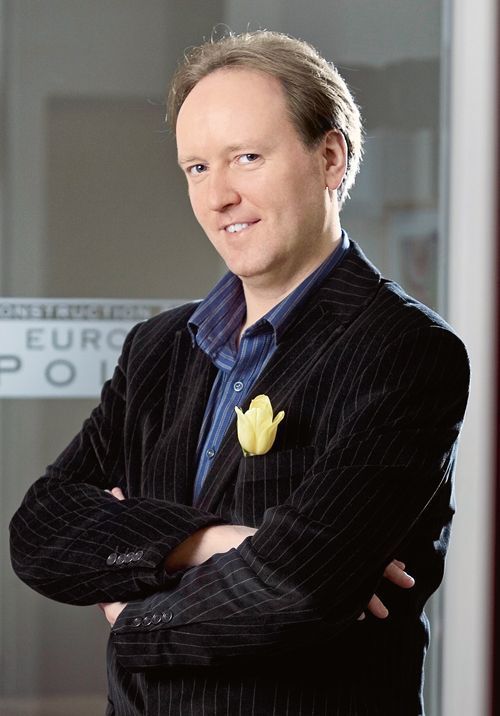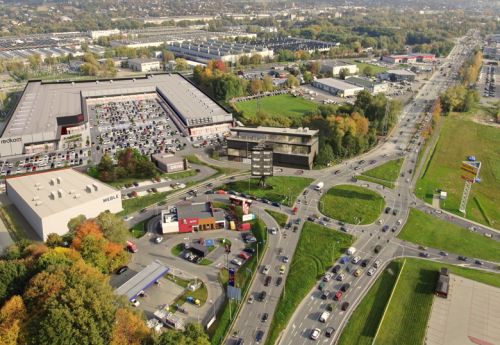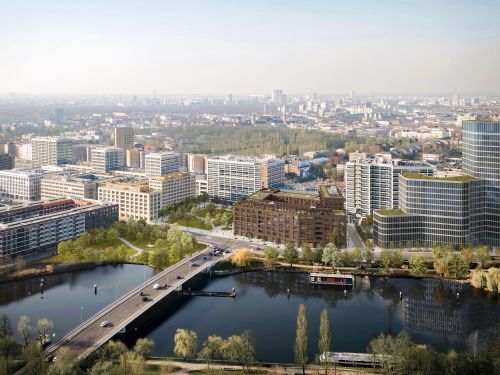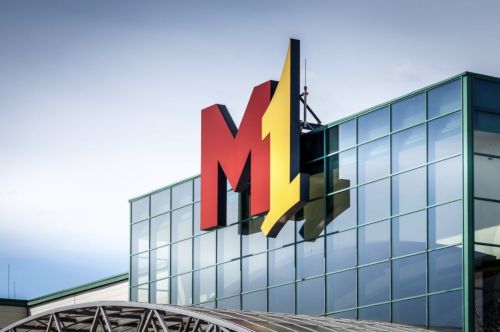Time for a Brexplanation…
Endpiece
They thought they were going to see off those Europeans, but were now the laughing stock of the world. Their ludicrous, puffed-up jingoism of just a few hours earlier, which had now turned into anxious introspection and recrimination, merely added to the ridicule that was being heaped upon them. In a press conference immediately after the result, their leader, who had presided over the whole debacle, taking gamble after rash gamble without ever seeming to have a contingency plan if things went awry, did the decent thing and fell on his own sword… but no one else wanted to step into his shoes, to sort out the mess he had left behind... Anyway, enough about the Iceland match. What I really want to talk about is the Brexit.
As a British national, I had been vaguely optimistic that at the final hour my compatriots would, when it came to the crunch, see through the lies they had been fed for so many years by a rabidly eurosceptic press and populist politicians, and would take on board the dire consequences for investment, economic growth, employment, the western alliance and the future integrity of the United Kingdom itself – and opt to stay. So you can imagine my dismay at waking up to the news that in fact they hadn’t – and those who’d voted Leave seemed as shocked as I was. I tried to stay calm, to come to terms with the result and respect the democratic decision of my people; but my feelings could best be summed up in the words of Charlton Heston in the final scene of Planet of the Apes: “You finally, really did it… you maniacs!! You blew it up! Ah, damn you! God damn you all to hell!!” – but instead of the charred remains of Lady Liberty, it’s Big Ben I'm gawping at... with Nigel Farage’s gurning face super-imposed onto the clock.
So how to make sense of it all? As I write this there has already been two weeks of such articles in newspapers around the globe attempting to do just this. And I’m still not sure we’re any closer to understanding how it happened. While it’s tempting to pin the blame on personalities, such as Cameron, Johnson, Farage, Corbyn and Murdoch, there does seem to have been a combination of other, impersonal factors at work. We are living at a moment in time when, in the aftermath of the credit crunch, irrationality is being embraced around the world; a disconnect has developed between those who run countries and those who elect them. Michael Gove, one of the leaders of the Brexiteers, declared during the referendum campaign: “People in this country have had enough of experts.” Sober analysis is out; demagogues are in. How else can you explain Donald Trump? Clearly the situation is a dangerous one not just for the UK, but for the USA, Poland and other countries that have up to now been models of stable, liberal democracy. Maybe we need a major war to wake people up to what really matters, to recognise the value of democracy and to take an active, serious part in it once again? Obviously, I’m not really hoping for that, but every time some buffoon posing as the answer to all our problems gets elected by exploiting fear and intolerance, such a war certainly seems that bit more likely.
However, this is not the 1930s. Unlike in that dark chapter of history, the business community in Europe seems overwhelmingly opposed to the rhetoric of rabble rousers. This does give me some hope. And it is this mature outlook of the business community that also needs to take root in the wider population when it comes to elections and referendums; but to do this they need to be better educated about politics and to take informed decisions. Rather than using democracy to vent their frustrations, they need to take an active part in it. Unlike business people, however, they don’t feel as though they have a stake in the democratic enterprise and that bureaucrats are running everything for their own benefit. And this notion can become self-fulfilling, if people really believe it. Politicians also have to engage people more actively in the democratic process, instead of just saying or doing anything to get elected.
So it’s actually having contact with those of you who work in this sector that has given me hope for mankind, and I’d like to thank you all for that. And while I’m waiting for humanity to get its shit together, I’m going to go back to pretending I’m Australian until I feel a little less ashamed of being English.





















































